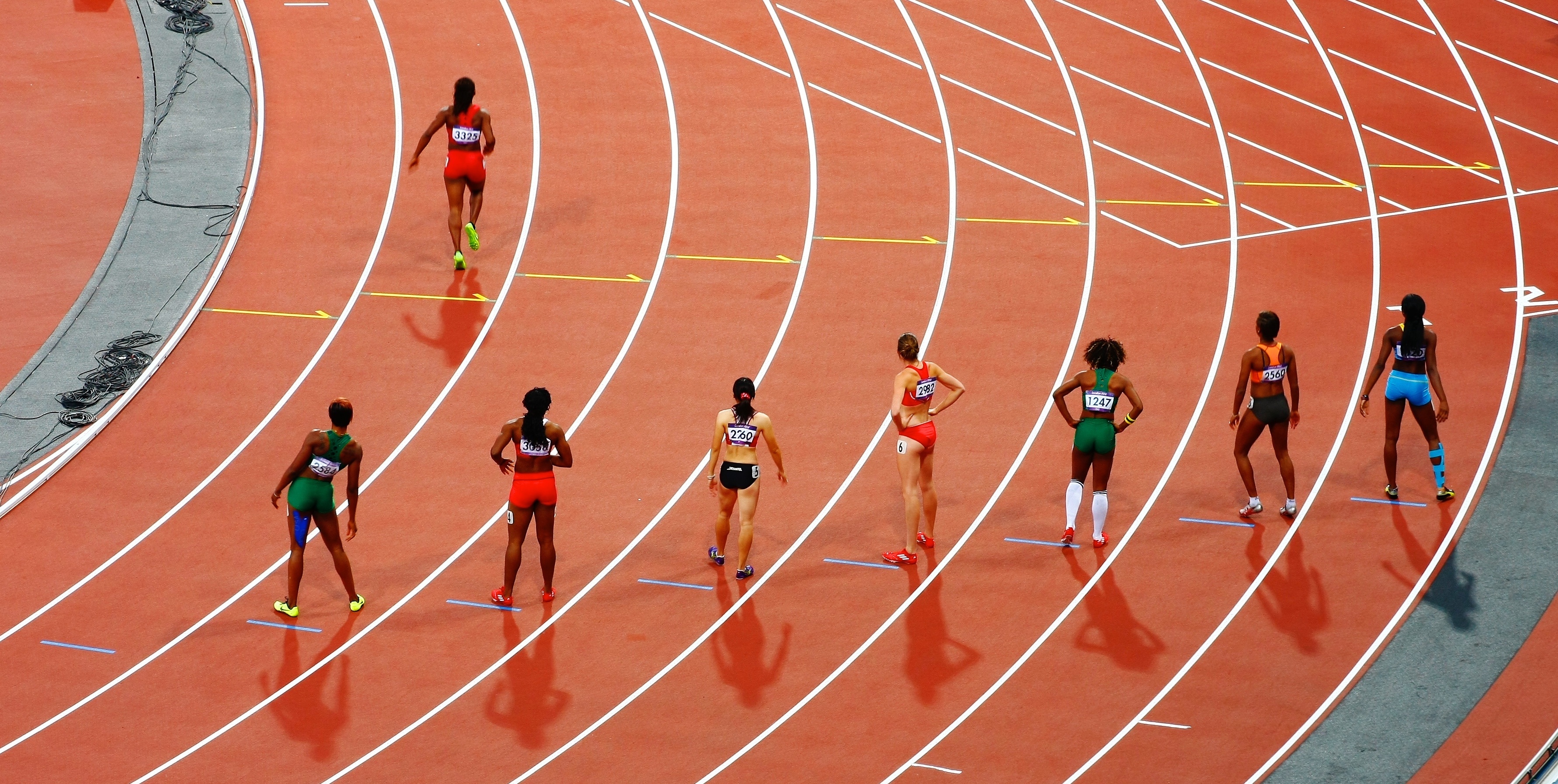Are you a recreational or competitive athlete, or a parent of one?
Then you should know that the consumption of carbohydrate-rich sports drinks is a valuable method to re-hydrate and refuel athletes and boost performance during intense physical activity. These drinks can be purchased in commonly available varieties, such as Gatorade, or made at home using a few specific ingredients.
Today’s article will explore the different situations in which it makes sense to consume these drinks to aid performance and also teach the reader how to make their own if they prefer not to purchase commonly available varieties such as Gatorade.
The latest science tells us that there are four categories of exercise, each with its own unique refueling requirements that dictate if and how much sport drink should be used to optimize performance.
Let’s take a closer look at these categories:
1. Exercise under 45 minutes in duration – Does not benefit from sports drink use.
2. High intensity exercise of duration in the 45-75 minute range – May benefit from small amounts of carbohydrate ( <30 g/h). May also benefit from simply rinsing the mouth with a carbohydrate- rich beverage which has been shown to improve performance even when no carbohydrate is consumed.
3. Endurance activities lasting between 1-2.5 hours – Such as running and longer duration sports events, a carbohydrate intake of between 30-60 grams/hr is recommended as supplemental fuel.
4. Long duration endurance activities of greater than 2.5 hours – Up to 90 grams/hr of carbohydrate should be ingested to optimize performance.
If you find yourself in situation #2, #3 or #4, you should know that consuming sports drinks is most effective if done in 15-20 minute intervals throughout the duration of the activity, rather than all at once.
For reference, 500 ml of Gatorade product contains ~33 grams of carbohydrate.
How Can I Make My Own?
Now that you know when to use sport drinks, I will provide you with the information you need to create your own should you prefer not to purchase commonly available varieties.
1. Which carbohydrate to choose: Sucrose, also known as table sugar, is an ideal selection for sports drinks because it is broken down into a 50/50 blend of fructose and glucose. When your body is provided a blend of fructose and glucose, rather than one or the other, they are more efficiently utilized as fuel during activity.
2. Water-to-Carbohydrate ratio: It is important that the amount of carbohydrate in your sports constitutes about 6-8% of the water volume. For example, 30 grams of carbohydrate in 500 ml of water is a 6% concentration ( 30/500 = .06 x 100 = 6%). Your body will be able to best use both the fluid and the carbohydrate when this range is met.
3. When to add electrolytes*: Sodium and potassium are important electrolytes that are lost through sweat and should be added to your sports drinks if one or more of these situations apply:
- You are know yourself to sweat heavily or feel exceptionally thirsty during exercise.
- You are exercising for greater than 2 hours.
- You are exercising in an environment that promotes excessive sweat, such as a very warm day.
*Commercial sports drinks, such as Gatorade, generally contain 200 mg of sodium and 50 mg of potassium per 500 ml.
Conclusion
When prepared properly and consumed in the correct context, sports drinks can provide a significant boost to sports performance and should not be overlooked by athletes at any level.
Andy De Santis RD MPH



